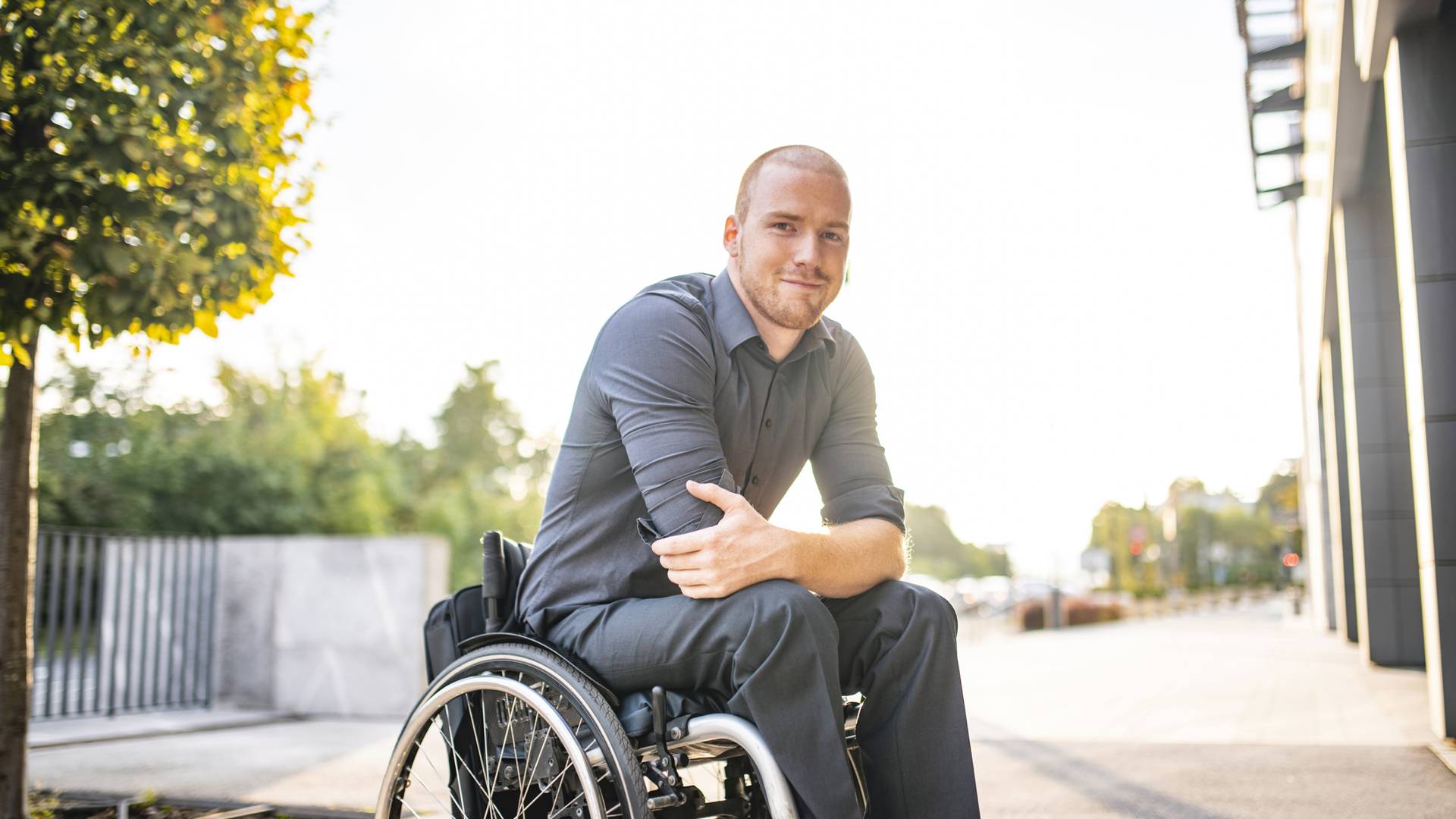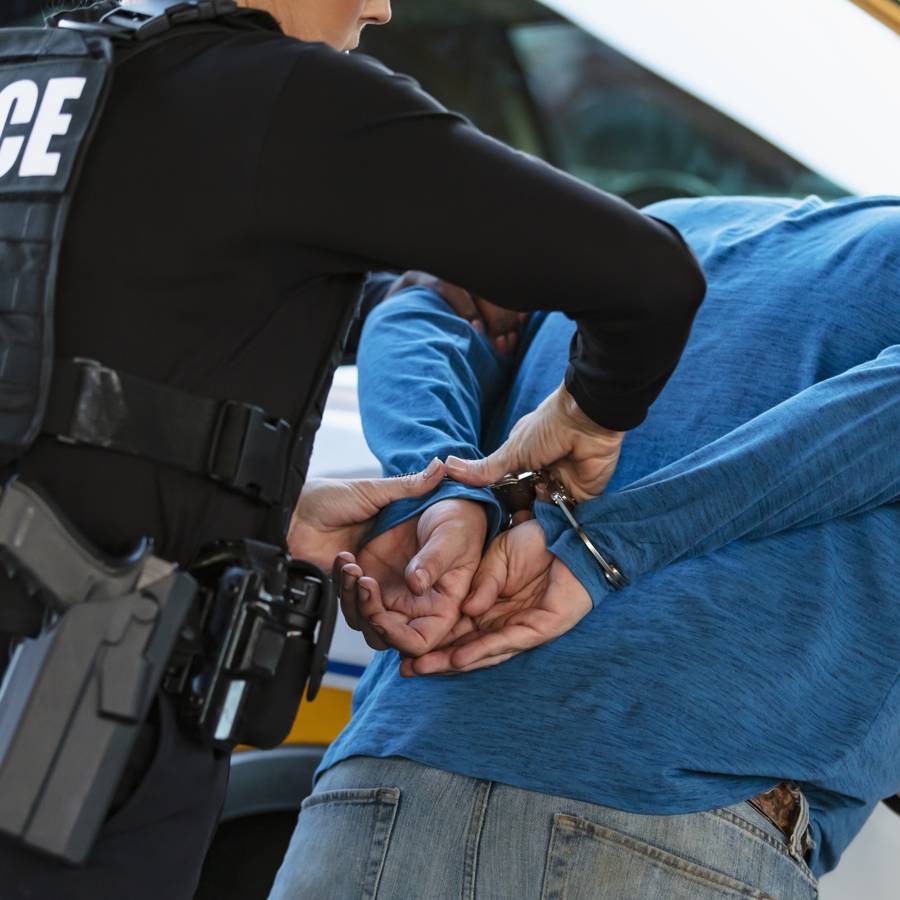
INVOLUNTARY INTOXICATION
WE FIGHT ST. PETERSBURG CRIMINAL CHARGES
Voluntary intoxication is not a defense to a criminal charge in Florida. However, the defense of involuntary intoxication may be raised in the following circumstances: (1) first degree murder cases where, by virtue of involuntary intoxication, the accused person is incapable of forming a premeditated design to kill; (2) cases involving a specific intent crime, where, by virtue of involuntary intoxication, the accused person is incapable of forming the mental state required to support a conviction; or (3) cases where, by virtue of involuntary intoxication, the accused person was insane at the time the crime was committed.
As to the second scenario referenced above, the defense of involuntary intoxication is applicable only where the crime charged requires proof of a specific intent; it does not apply to general intent crimes. A general intent crime requires only the intent to commit a criminal offense. A specific intent crime requires the intent to commit a criminal offense coupled with the intent that a particular result occur. An experienced St. Petersburg, Clearwater, or Tampa area criminal defense attorney can provide more details on the differences and whether involuntary intoxication may be raised in your case, on that basis.
Applicable Florida Statutes
Florida Statutes § 775.051 provides as follows: " voluntary intoxication [emphasis added], resulting from the consumption, injection, or other use of alcohol, or other controlled substance, as described in chapter 893, is not a defense to any offense proscribed by law. Evidence of a defendant's voluntary intoxication is not admissible to show that the defendant lacked the specific intent to commit an offense and is not admissible to show that the defendant was insane at the time of the offense, except when the consumption, injection, or use of a controlled substance, under chapter 893, was pursuant to a lawful prescription, issued to the defendant, by a practitioner, as defined in s. 893.02".
Applicable Jury Instructions
Florida standard jury instruction 3.6(e)(1) entitled "Involuntary Intoxication Negating Specific Intent", provides as follows:
Voluntary intoxication is not defense. A person is voluntarily intoxicated if he or she knowingly consumed a substance that he or she knew or should have known could cause intoxication.
However, a defense asserted in this case is that the defendant was involuntarily intoxicated to the point that he or she could not form [a premeditated design to kill] [the intent to ( specific intent charged)]. This defense applies when:
- The defendant was lawfully prescribed a controlled substance by a practitioner;
- The defendant used, consumed or injected the controlled substance as it was prescribed and directed by the practitioner; and
- As a result of taking the controlled substance as prescribed, the defendant was so intoxicated that he or she could not form [a premeditated design to kill] [the intent to ( specific intent charged)] at the time of the offense.
The defense may also apply, and the jury would be instructed accordingly, when:
- The defendant, without any fault on his or her part, unknowingly ingested an intoxicating liquor, drug, or other substance, or knowingly ingested an intoxicating liquor, drug or other substance because of force, fraud, duress, or trickery; and
- As a result, the defendant was so intoxicated that he or she could not form [a premeditated design to kill][the intent to ( specific intent charged)] at the time of the offense.
In determining the issue of involuntary intoxication, you may consider the testimony of expert and non-expert witnesses.
The use of medication, consumption of an intoxicating liquor, drug, or other substance that merely arouses passions, diminishes perceptions, releases inhibitions, or clouds reason and judgment does not excuse the commission of the crime.
However, where a certain mental state is an essential element of the crime, and a person is involuntarily intoxicated to the extent her or she was incapable of forming that mental state, the mental state would not exist and therefore, the crime could not be committed.
As I have told you, [a premeditated design to kill][the intent to ( specific intent charged)] is an essential element of ( crime charged).
Therefore, if you find the defendant was voluntarily intoxicated to the extent of being incapable of forming [a premeditated design to kill][the intent to ( specific intent charged)], or you have a reasonable doubt about it, you should find the defendant not guilty of (crime charged).
Florida standard jury instruction 3.6(e)(2), entitled "Involuntary Intoxication Resulting in Insanity" provides as follows:
Voluntary Intoxication is not a defense. A person is voluntarily intoxicated if he or she knowingly consumed a substance that he or she knew or should have known could cause intoxication.
However, a defense asserted in this case is that the defendant was involuntarily intoxicated to the point of insanity at the time the crime was allegedly committed. A person is considered involuntarily intoxicated to the point of insanity when:
- The defendant was lawfully prescribed a controlled substance by a practitioner;
- The defendant used, consumed, or injected the controlled substance as it was prescribed and directed by the practitioner; and
- As a result of taking the controlled substance as prescribed, the defendant (a) did not know what he or she was doing and its consequences, or (b) knew what he or she was doing and its consequences, but did not know it was wrong.
This defense would also apply, and the jury would be instructed accordingly, when:
- The defendant, without any fault on his or her part, unknowingly ingested an intoxicating liquor, drug or other substance, or knowingly ingested an intoxicating liquor, drug, or other substance because of force, fraud, duress, or trickery; and
- As a result of consuming an intoxicating liquor, drug, or other substance, the defendant (a) did not know what he or she was doing or its consequences, or (b) knew what he or she was doing and its consequences, but did not know it was wrong.
A defendant who believed that what he or she was doing was morally right was not insane if he or she knew that what he or she was doing violated societal standards or was against the law.
In determining the issue of involuntary intoxication to the point of insanity, you may consider the testimony of expert and non-expert witnesses.
The use of medication, consumption of an intoxicating liquor, drug, or other substance that merely arouses passions, diminishes perceptions, releases inhibitions, or clouds reason and judgment does not excuse the commission of a crime.
All persons are presumed to be sane. The defendant has the burden of proving the defense of involuntary intoxication to the point of insanity by clear and convincing evidence. Clear and convincing evidence is evidence that is precise, explicit, lacking in confusion, and of such weight that it produces a firm belief, without hesitation, about the matter in issue.
If you find that the defendant committed the crime, but you find that he or she proved by clear and convincing evidence that he or she was involuntarily intoxicated to the point of insanity, you should find him or her not guilty.
Relevant Case Law
- Lucherini v. State, 932 So.2d 521 (Fla. 4th DCA 2006)(where the appellant was charged with a specific intent crime, the trial court erred in refusing to allow the appellant to present evidence that he had taken lawfully prescribed medication, in support of an involuntary intoxication defense).
- Cobb v. State, 884 So.2d 437 (Fla. 1st DCA 2004)(in a prosecution for attempted murder and aggravated battery, the trial court did not err in refusing to instruct on involuntary intoxication where the evidence showed that the appellant had taken her prescribed medication in quantities that exceeded the recommended dosage by up to five times).
- Brancaccio v. State, 698 So.2d 597 (Fla 4th DCA 1997)(in a prosecution for murder and kidnapping, the trial court erred in refusing to instruct the jury on involuntary intoxication, which resulted from medication the appellant was taking pursuant to a prescription).
The Bottom Line
Voluntary intoxication is not a defense in Florida. Involuntary intoxication is, however, under certain circumstances. The offense charged must either be first degree, premeditated murder, or a specific intent crime. Here, the defense may assert, and have the jury instructed, that because of involuntary intoxication, the accused could not form the requisite mental state. The third scenario is where the defendant, by virtue of involuntary intoxication was legally insane at the time the crime was committed, which means that (1) he or she did not know what or she was doing or its consequences; or (2) did not know it was wrong.

Why Choose The Kilfin Law Firm, P.C.?
-
Selected for Inclusion in the List of Super Lawyers ® Rising Stars ℠
-
Recognized by the National Trial Lawyers Top 100 Trial Lawyers, 2013-2017
-
NACA - Top 10 Under 40
-
Superb 10/10 Avvo Rating
-
AV Preeminent Rating by Martindale Hubbell for Highest Level of Professional Excellence, 2017
-
Recognized as one of the Top 100 DUI lawyers in Central FL by the NAFDD, 2014-2017


-
Helping Good People Through Difficult Situations
Put my well-rounded trial experience and skills on your side.
-
Take Advantage of Client Solutions
We provide helpful information about the different solutions available to you, from pre-trial diversion to trial.
-
Your First Meeting with My Firm is Free
We offer a complimentary consultation, which can be completed in-person or over the phone.
